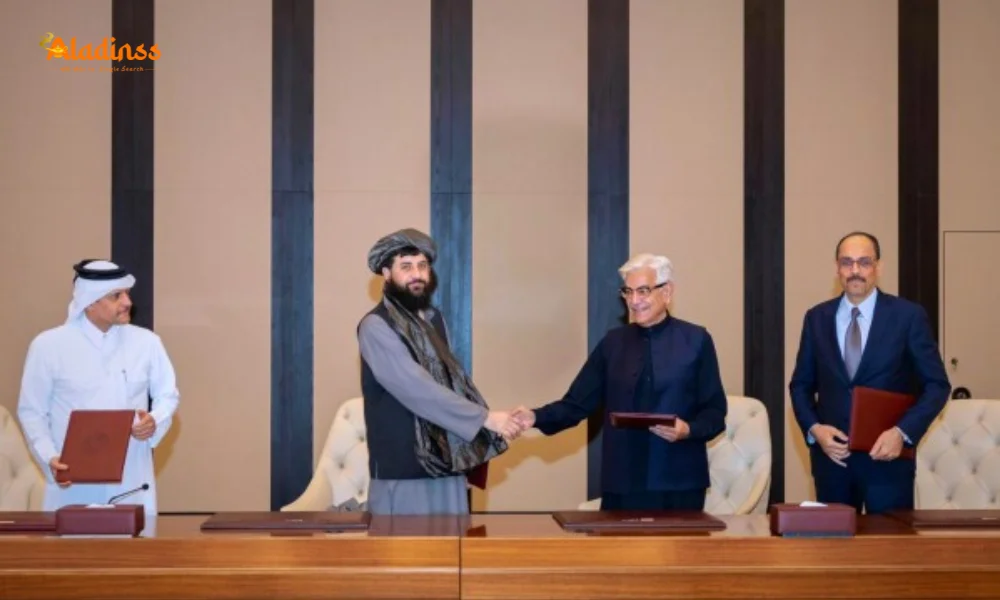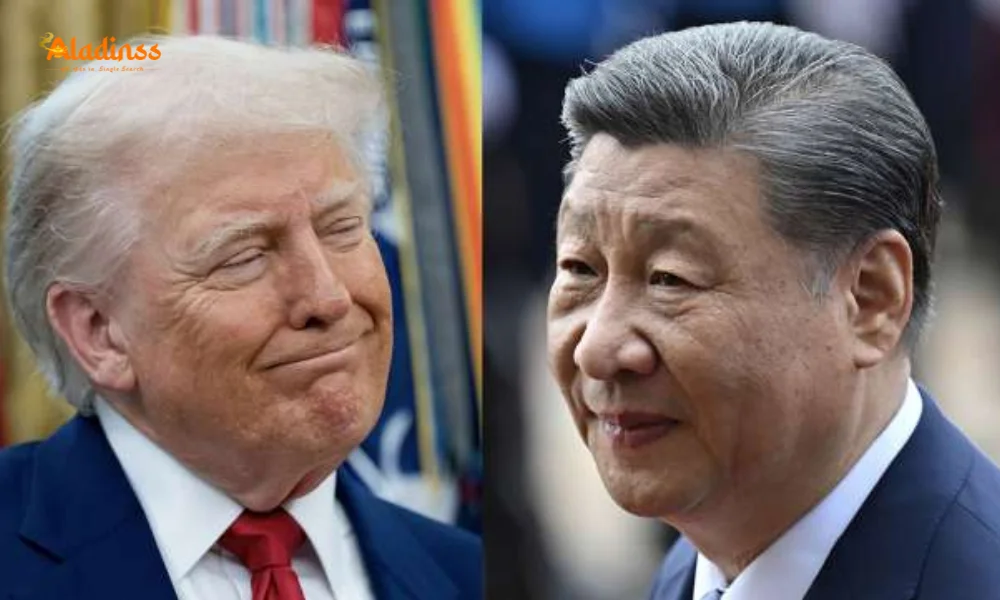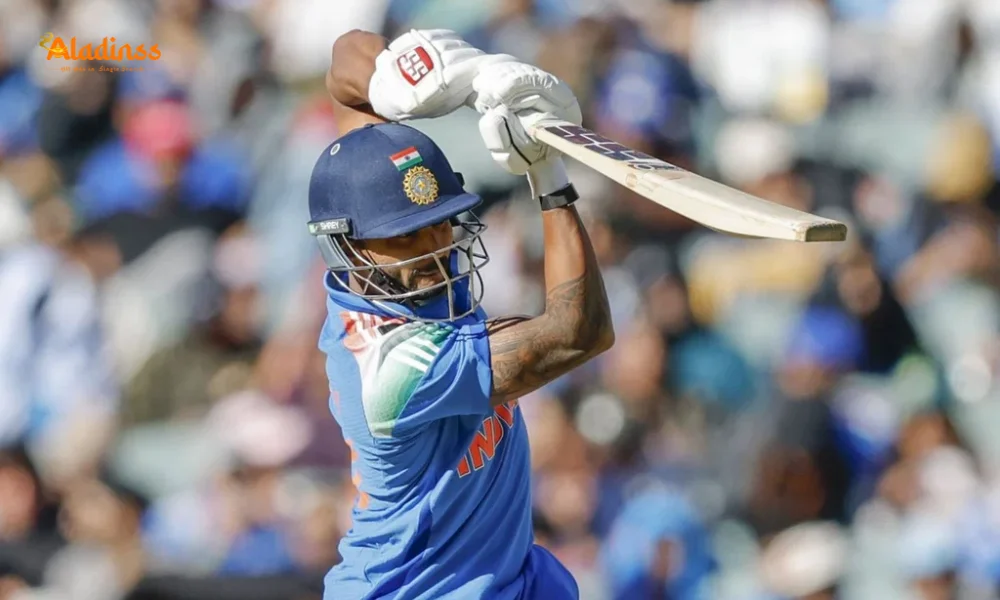Trump Aide Navarro Warns India Amid Tariff Row 2025
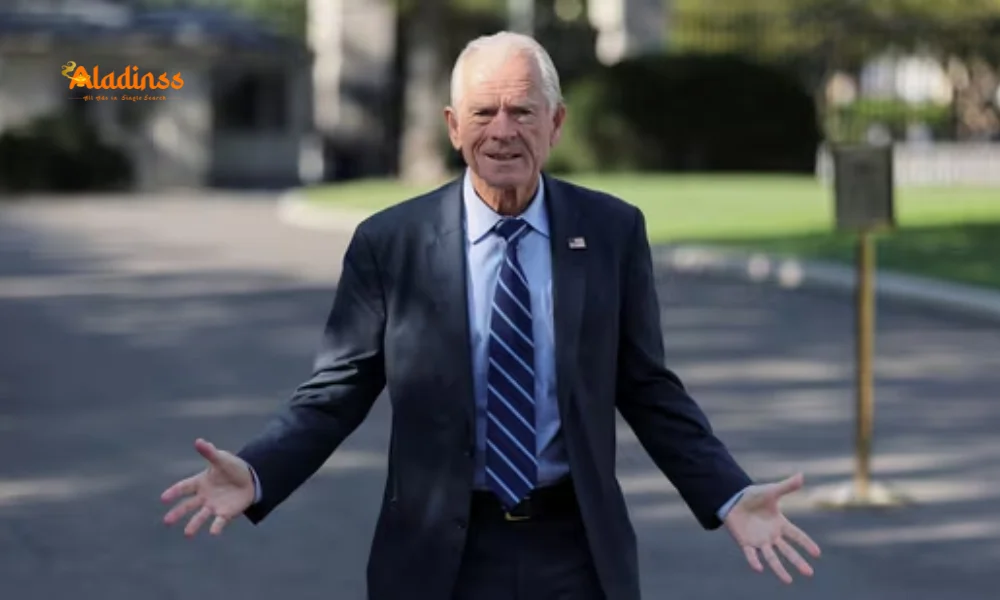
Trump Aide Peter Navarro Warns India Amid Tariff Row, Says 'Won't End Well'
White House trade advisor Peter Navarro has escalated tensions with India, issuing a stern warning on Monday, September 8, 2025, during an appearance on Real America's Voice. Navarro accused New Delhi of imposing the "highest tariffs in any major country in the world against the United States" and linking India's growing energy ties with Russia to potential dire consequences. This latest outburst comes amid a heated tariff row, with the United States imposing an additional 25% duty on Indian imports, bringing the total to 50% since August 27, 2025. The remarks highlight a deepening rift in US-India trade relations, fueled by India's continued purchase of Russian oil, which Navarro claims indirectly funds Moscow's war efforts in Ukraine.
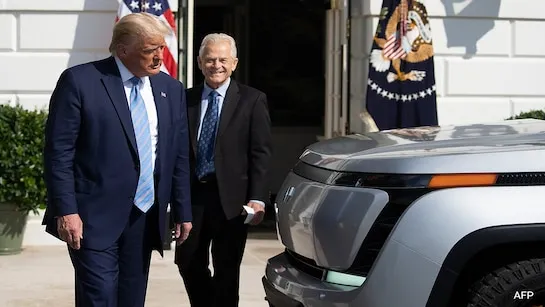
Navarro's Strong Stance on Indian Tariffs
Peter Navarro, a key figure in President Donald Trump's economic team, opened his critique by targeting India's trade policies. "They have the highest tariffs in any major country in the world against the United States. We got to deal with that," he declared, emphasizing the need for immediate action. Navarro's comments reflect the Trump administration's long-standing grievance that India's trade barriers, often dubbed the "Maharajah of tariffs," unfairly restrict American exports while India enjoys a significant trade surplus with the US, estimated at over $50 billion annually.
The trade advisor argued that these tariffs harm American workers and businesses, a narrative central to Trump's protectionist agenda. He suggested that the US must address this imbalance, hinting at further punitive measures if India does not "come around" in ongoing trade negotiations. This stance has been a recurring theme since Trump returned to the White House in January 2025, with Navarro playing a pivotal role in shaping the administration's aggressive trade policy.
India's Russian Oil Imports Under Fire
A significant portion of Navarro's warning focused on India's energy trade with Russia, which he described as a shift from "tiny drops" to a "profiteering" scheme. Before Russia's invasion of Ukraine in February 2022, India imported negligible amounts of Russian crude, but recent data shows this has surged to over 35% of its total oil imports, making Russia its largest supplier. Navarro alleged that India buys discounted Russian oil, refines it, and exports the products at a profit, thereby funneling hard currency back to Moscow to support its military actions.
"American taxpayers end up having to send more money for the conflict," Navarro claimed, tying India's energy policy to the financial burden on the US as it provides aid to Ukraine. He further warned that this alignment with Russia, coupled with India's engagement with China, could lead to unfavorable outcomes. "India’s got to stop buying Russian oil. The road to peace partly runs through New Delhi," he asserted, urging India to reconsider its energy strategy to align with US interests.
Contrast with US Allies
Navarro contrasted India's stance with that of US allies, noting that countries like the European Union, Japan, South Korea, the Philippines, and Indonesia have strengthened ties with Washington through new trade agreements. He praised these nations for aligning with the US in reducing dependence on Russian energy and enhancing economic cooperation, suggesting that India should follow suit to maintain its strategic partnership status.
"I think India must come around at some point. And if it doesn't, it's laying down with Russia and China, and that won't end well for India," Navarro cautioned, framing India's current trajectory as a geopolitical misstep. This rhetoric underscores the Trump administration's push to isolate countries perceived as supporting Russia's war economy, with India singled out despite its historical non-alignment policy.
Broader Critique of BRICS and Global Trade
Navarro's criticism extended beyond India to the BRICS bloc, which expanded to 10 members with Indonesia's inclusion in 2025. He accused BRICS nations—Brazil, Russia, India, China, South Africa, Egypt, Ethiopia, Iran, the United Arab Emirates, and Indonesia—of relying on US markets to sustain their economies. "When they sell to the US, their exports are like vampires sucking our blood dry with their unfair trade practices," he charged, reviving a metaphor he previously used to describe China's economic impact.
The senior advisor further claimed that BRICS members "historically hate each other and kill each other," predicting the group's instability without US trade. This broad attack reflects Navarro's broader narrative of protecting American interests against global economic competitors, a theme consistent since his earlier warnings to the United Kingdom and the European Union about China's trade practices.
Navarro's Clash with Elon Musk
Navarro's recent remarks have sparked controversy online, particularly after a post accusing India of "profiteering" from Russian oil was fact-checked by X's community notes. The notes clarified that India's purchases are for energy security and do not violate sanctions, prompting a heated exchange with Elon Musk. Musk defended the platform's fact-checking feature, stating, "On this platform, the people decide the narrative. Community Notes corrects everyone, no exceptions," escalating tensions between the two figures.
This clash underscores the growing divide between Navarro's assertions and public scrutiny, with Musk's intervention highlighting the role of social media in shaping trade policy debates. Navarro's history of contentious statements, including calling the Ukraine conflict "Modi's war," has further fueled online backlash, with critics questioning the accuracy of his claims about India's trade and energy policies.
Background of the Tariff Dispute
The current tariff row traces back to August 27, 2025, when Trump imposed an additional 25% tariff on Indian imports, citing New Delhi's Russian oil purchases as a national security concern. This followed an initial 25% duty imposed earlier in the year, bringing the total to 50%, one of the highest rates levied by the US on any nation. The White House framed the move as a response to India's refusal to reduce its energy ties with Moscow, despite ongoing bilateral trade talks that have stalled since Trump's re-election.
India has countered these accusations, arguing that its oil imports are driven by energy security needs and market dynamics, not profiteering. The Indian Ministry of External Affairs has labeled the tariffs "unfair and unjustified," pointing out the US's own imports of Russian uranium and minerals as evidence of double standards. This ongoing dispute has strained the strategic partnership between the two democracies, with Navarro's latest warnings adding further pressure to resolve the impasse.
Implications for US-India Relations
Navarro's remarks signal a potential escalation in US-India trade tensions, which could impact broader diplomatic ties. India, a key player in the Indo-Pacific strategy to counter China, has historically balanced its relations with both the US and Russia. Navarro's call for India to "come around" suggests that the Trump administration may link trade concessions to geopolitical alignment, a strategy already applied to allies like Japan and South Korea.
The tariff row has also delayed negotiations on a comprehensive trade deal, with India seeking exemptions for key exports like pharmaceuticals and textiles. Navarro's reference to Europe halting Russian crude purchases indicates a broader US push to isolate Moscow, placing India in a challenging position as it navigates its energy needs and international alliances. The outcome of this standoff will likely shape the future of US-India economic and security cooperation.
Navarro's Influence and Next Steps
As a senior counselor to Trump, Navarro wields significant influence over trade policy, particularly in the second Trump administration, which is dominated by loyalists. His repeated attacks on India, coupled with his critique of BRICS, reflect a hardline approach that prioritizes American economic interests above multilateral alliances. The next steps will depend on India's response, with New Delhi likely to reiterate its sovereign right to energy choices while exploring diplomatic channels to mitigate the tariff impact.
The ongoing public spat with Musk and online fact-checking efforts may also pressure Navarro to substantiate his claims, potentially leading to a more data-driven dialogue. As the tariff deadline approaches and trade talks remain stalled, the global community watches closely, with the outcome poised to influence not just US-India relations but the broader geopolitical landscape.
Comment / Reply From
No comments yet. Be the first to comment!

